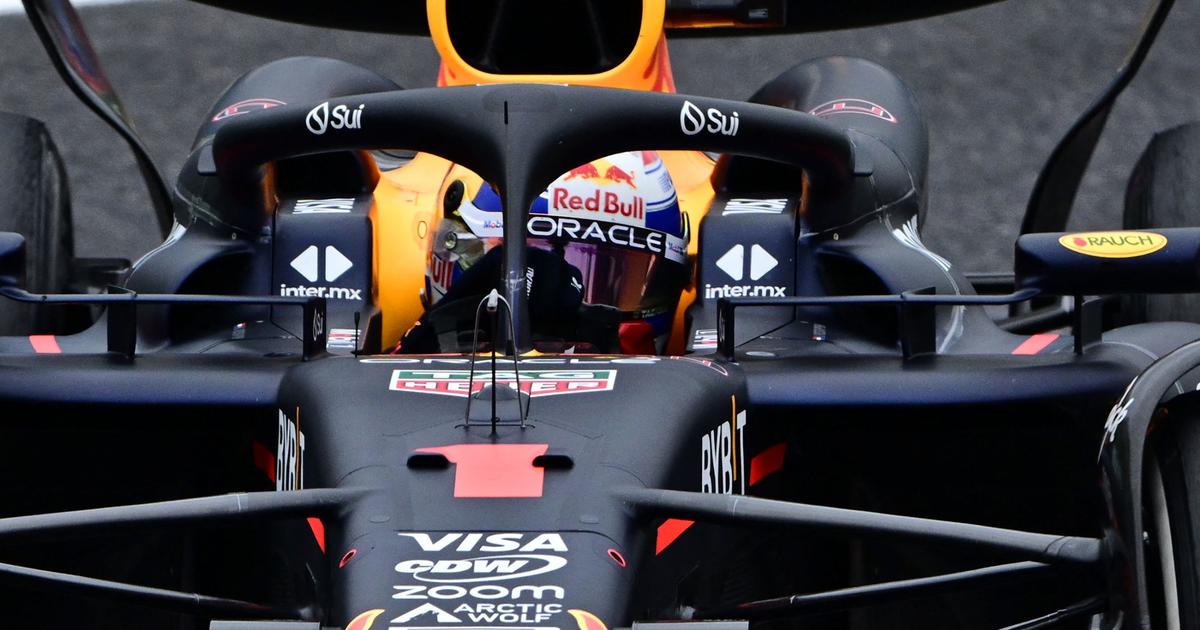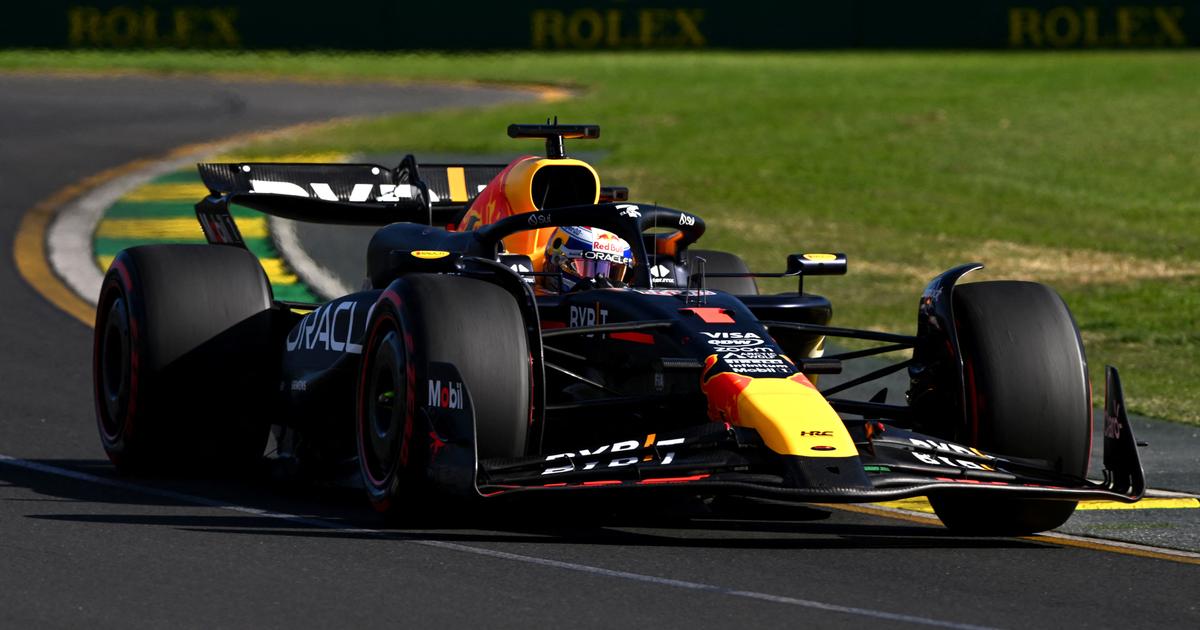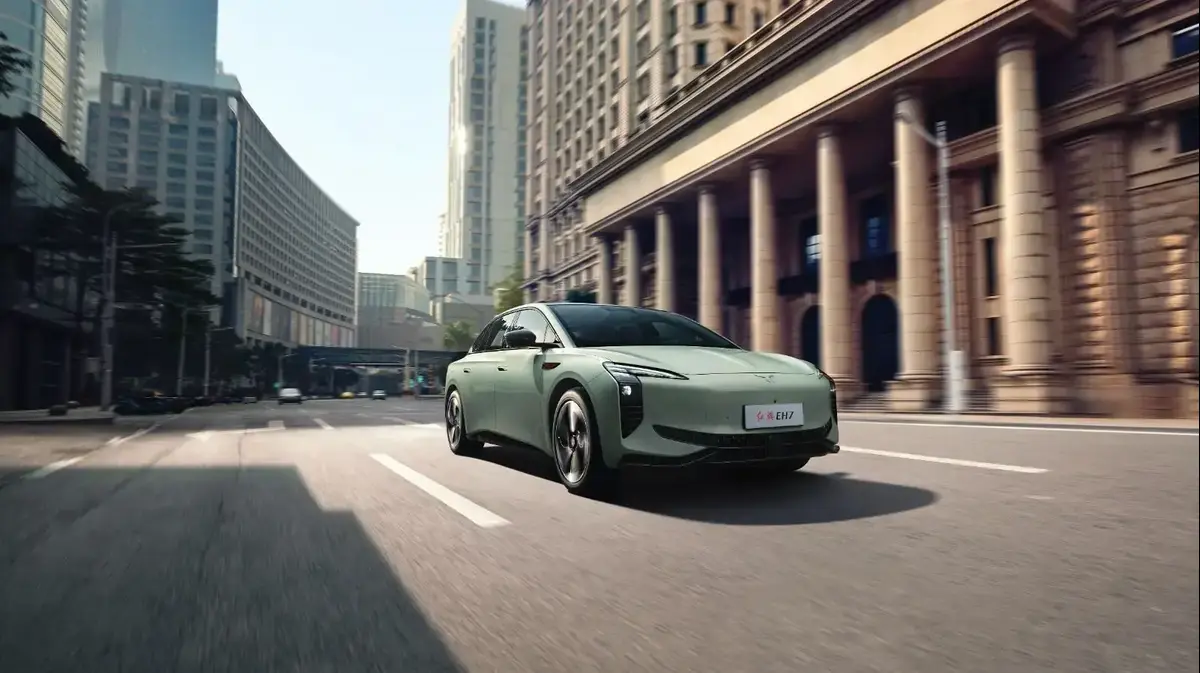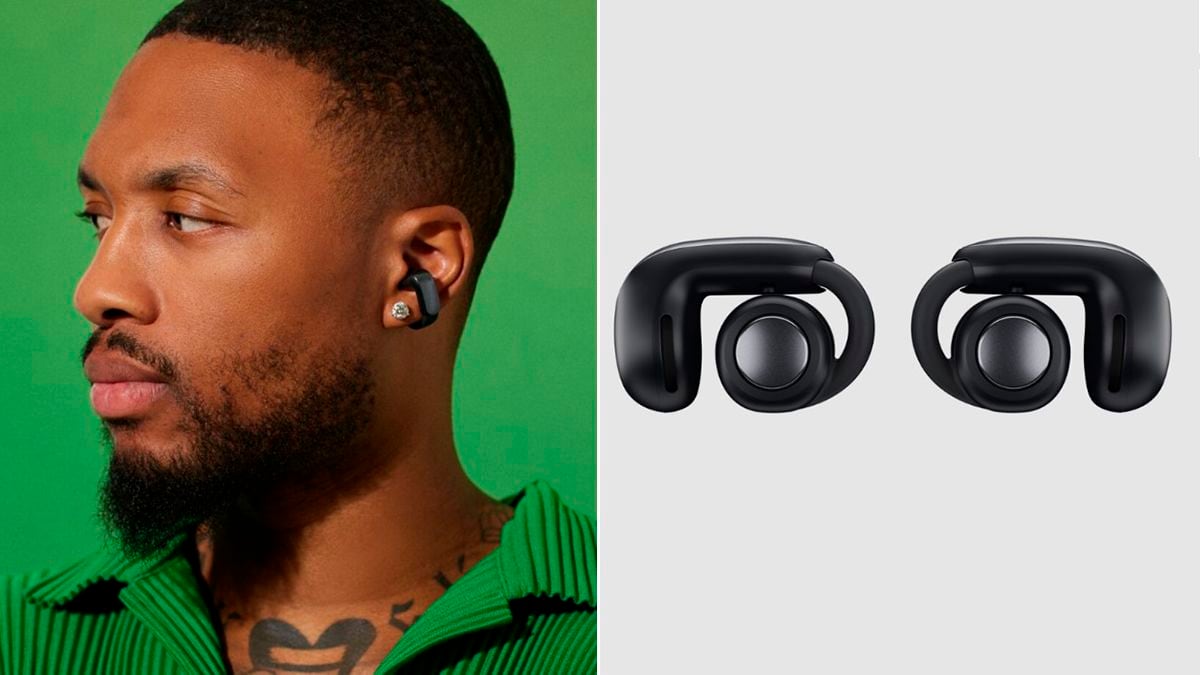The Electronic Stability Program (ESP) is a milestone in the history of road safety - and something like Anton van Zanten's life's work. It was launched 25 years ago. A now legendary accident brought the breakthrough.
Stuttgart (dpa) - Anton van Zanten always knew that he was working on something big. And also that it would work. "I was convinced that the ESP would prevent skidding and thus serious accidents," says van Zanten.
"But I didn't know how many lives it could actually save." There should be many thousands - and more are added all the time.
82 percent of all new vehicles are equipped with ESP
25 years ago the electronic stability program developed by van Zanten at Bosch - ESP for short - went into series production for the first time in the Mercedes-Benz S-Class. Today, like seat belts or airbags, it is impossible to imagine most cars without it. According to Bosch, 82 percent of all new vehicles worldwide are now equipped with ESP. In principle, the technology is based on the anti-lock braking system (ABS) and traction control (ASR), but it can do much more.
"The ESP is there to prevent skidding," says the now 80-year-old van Zanten, who started developing the system at Bosch in the 1980s. That sounds simple, and in principle the system actually just makes sure that the car goes where it is being directed. But it's not that simple after all. A network of sensors constantly checks the steering angle, brakes, engine power and - very importantly - the so-called yaw rate, which provides information on whether and how fast the car is turning around its vertical or vertical axis, i.e. whether it is lurching. In an emergency, the ESP is activated, brakes individual wheels and, if necessary, intervenes in the engine output and thus keeps the vehicle on track. According to Bosch, the ESP can prevent up to 80 percent of all skidding accidents.
Bosch develops yaw rate sensor
Van Zanten once wrote a research paper on anti-lock braking systems in commercial vehicles in the USA. At Bosch, too, he initially worked on it, as he explains, then switched to development planning. There his idea of an anti-skid protection met with great interest. Van Zanten began his tinkering with the technology initially with computer simulations. "In the beginning I worked on it alone," he says. After about two years, more employees were added. "Then we could also equip a vehicle," recalls van Zanten. "After four years we had a test car on the road."
It should still take some time until it is ready for series production. In 1992, ten years after van Zanten's first ideas, Bosch and Daimler-Benz teamed up and from then on let their experts work together on the technology, which was initially called vehicle dynamics control, or FDR for short. The Stuttgart-based carmaker had already worked on the first steps towards such a technology. But a "key element", the group praises today, was the yaw rate sensor produced by Bosch.
Another three years later, in May 1995, the new Mercedes-Benz model S 600 Coupé from the 140 series finally came onto the market - the first car to have ESP on board as standard. In September of the same year, according to Daimler, the S 600 sedans, which were also equipped with a V12 engine, and the SL 600 were added. The system is gradually becoming available as an option in a number of other luxury-class models.
"Elk test" turns into a debacle for Daimler
The fact that not only the particularly affluent S-Class customers can trust ESP relatively quickly is due to a violent embarrassment. During a car test in Sweden in 1997, a Mercedes A-Class overturned during an evasive maneuver. The now legendary "moose test" turned into a PR debacle for Daimler and its hopefuls from the compact class. After a brief hesitation, the carmaker fled the market and took the A-Class off the market for a few weeks. When she comes back, she also has ESP on board as standard. From 1999 onwards, the system has even been standard in all Mercedes-Benz cars. And other manufacturers are following suit.
ESP has been mandatory for all new vehicles in the EU since 2014 - even if not for all vehicles under this name. ESP is a Daimler brand, other manufacturers sometimes have different names for the technology.
"The moose test naturally accelerated the whole process," says van Zanten today. Before, many manufacturers would only have wanted to offer the technology as an option in their vehicles, and many car buyers would not have known it at all and would not have been able to estimate the value. "It was a stroke of luck for road safety," says van Zanten, looking back. And of course Bosch benefited as well. The supplier had actually only planned with very small quantities, and the development costs were enormous. "It would have taken a long time to get them back."
ESP has already saved the lives of 15,000 people
Bosch's in-house accident research assumes that the ESP has saved the lives of around 15,000 people and prevented almost half a million personal injury accidents in the EU alone. Statistics from the accident researchers of the General Association of the German Insurance Industry for the years 2000 to 2013 mention around 200,000 accidents with injuries and around 6,000 deaths that could be prevented.
To date, Bosch says it has produced more than 250 million ESP systems. Anton van Zanten has been retired since 2003. In 2016 he was awarded the European Inventor Award for his life's work. According to the jury, his inventions have made roads safer around the world.
The 80-year-old has remained loyal to Mercedes and the car that involuntarily brought the breakthrough to the ESP. He still drives the A-Class today.
© dpa-infocom, dpa: 200819-99-223602 / 2
Inventor award for Anton van Zanten















